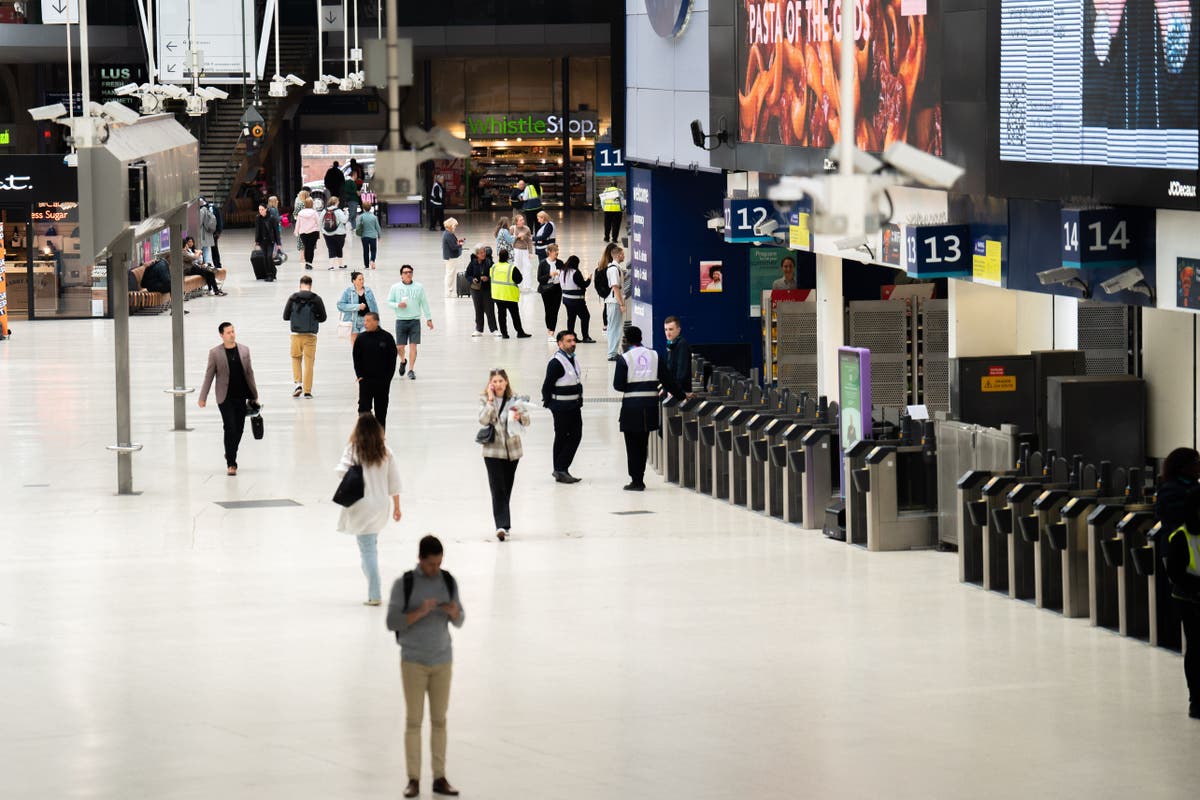Blindtraveler
Established Member
Finally someone with a realistic expectation. Too many on here seem to believe that the government website will be redecorated in a very fetching shade of red and all of a sudden all union demands will be met regardless of the price tag. Not happening, just like a lot of other things probably won't be happening under a labor administration that has even in the year of an election been suitably vague about its policies priorities and where the money comes from, but disbanding the rail delivery group and allowing good old-fashioned operator by operating negotiations to take place is indeed common sense, no doubt someone will inevitably jump in and say that we need to go further and re-nationalize on about day two of the new government, this won't happen either. So it's nice to see that someone on here has some realistic expectationslabour get in, RDG disbanded and aslef are able to negotiate on a TOC by TOC basis
As for the next round of strike action, this timing is interesting as it seems to acknowledge that commuting certainly during mid-week is very much back in fashion and there have been numerous reports on here and elsewhere that back this up
Would be more relevant for a strike by local bus drivers doing standard drt or stage carriage work as there are some people and I include myself here who's polling station requires a return bus journey to access it.Striking during an election week would backfire very badly for the unions although I'm sure most polling stations are near enough to where people live so you don't have to use public transport to vote.


